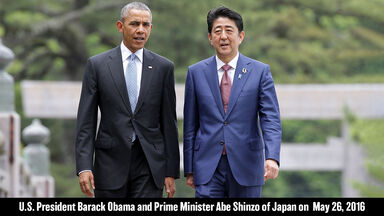In less than two years he had taken his rank as one of the great cavalry leaders of history.
But he desired to root out the popular respect for the names of Charlemont and Grattan, and to transfer to more violent leaders the conduct of the national movement.
In the later years of his life in New Hampshire he was the most prominent of the local Republican leaders and built up his party by partisan appointments.
For a comprehensive use of the term "ecclesiastical writers" he has the authority of Jerome, who enumerates among them 4 such heresiarchs or leaders of schism as Tatian, Bardaisan, Novatus, Donatus, Photinus and Eunomius.
But all five leaders were romanized nobles, with Roman names and Roman citizenship, and their risings were directed rather against the Roman government than the Roman empire.





